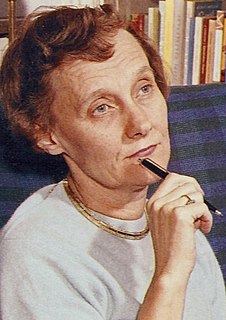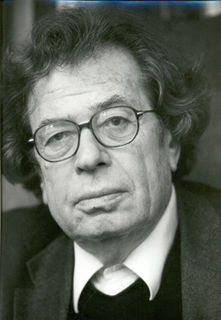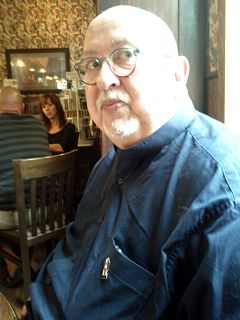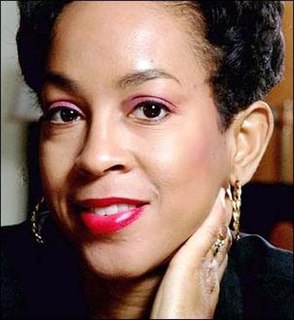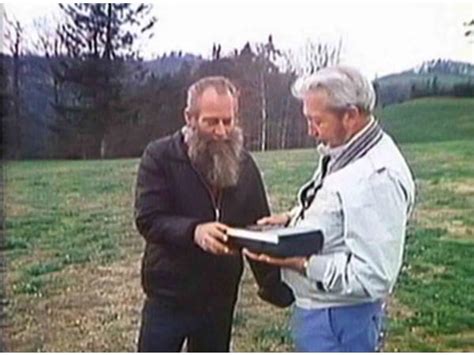A Quote by Astrid Lindgren
And so I write the way I myself would like the book to be – if I were a child. I write for the child within me.
Related Quotes
For me, the goal is always to write a novel that I myself would like to read. People frequently ask me what my favorite book is, and in effect, there's always a capital-F Favorite, capital-B Book that I would like to write myself someday. I try to go for that ideal of writing the best, most entertaining, most beautifully written book that I possibly can.
I think, for me, there's The Book I Should Write and The Book I Wanted to Write - and they weren't the same book. The Book I Should Write should be realistic, since I studied English Lit. It should be cultural. It should reflect where I am today. The Book I Wanted to Write would probably include flying women, magic, and all of that.
I vowed to myself that when I grew up and became a theoretical physicist, in addition to doing research, I would write books that I would have liked to have read as a child. So whenever I write, I imagine myself, as a youth, reading my books, being thrilled by the incredible advances being made in physics and science.
When you raise a child, you don't sit down and take all the rules of life, write them into a big catalog, and start reading the child all these individual rules from A to Z. When we raise a child, a lot of what we do is let the child experiment and guide the experimentation. The child basically has to process his own data and learn from experience.
I would suppose I learned how to write when I was very young indeed. When I read a child's book about the Trojan War and decided that the Greeks were really a bunch of frauds with their tricky horses and the terrible things they did, stealing one another's wives, and so on, so at that very early age, I re-wrote the ending of the Iliad so that the Trojans won. And boy, Achilles and Ajax got what they wanted, believe me. And thereafter, at frequent intervals, I would write something. It was really quite extraordinary. Never of very high merit, but the daringness of it was.
How would you like your child in kindergarten through 12th grade attending classes with kids who can't read, write, speak or understand English -- or American education values? Furthermore, how would you feel if those students felt zero investment in education, in English and the American way? How would you like your child's education dumbed down to that of a classroom from the Third World? Guess what? Today, if you're a parent of a child in thousands of classrooms across America, that's what's happening to your children with your tax dollars.
